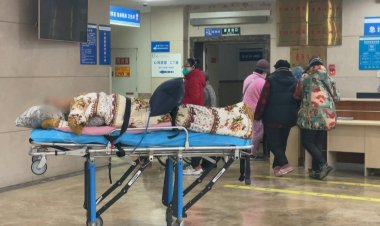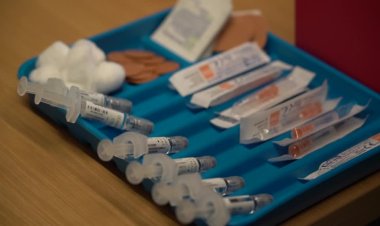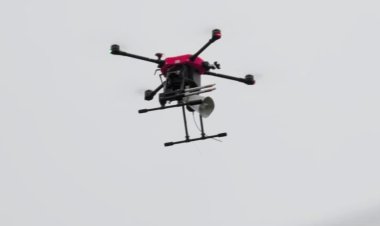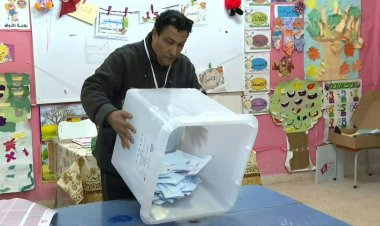DRC expands mpox vaccination amid severe outbreak
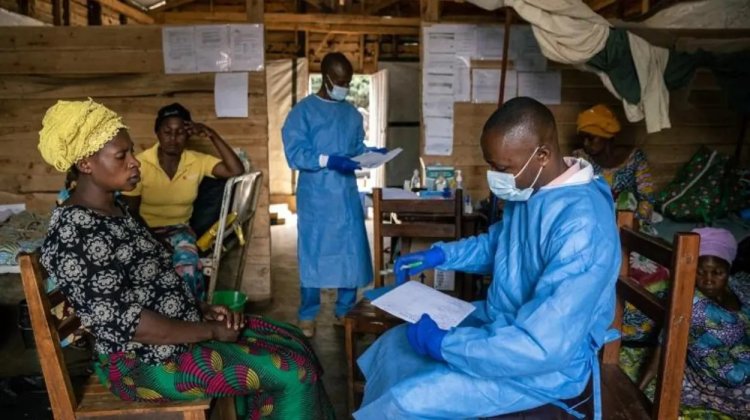
The Democratic Republic of Congo (DRC) has expanded its mpox vaccination campaign, with health workers in North Kivu and South Kivu provinces receiving shots. This follows a limited launch in Goma, where a small number of officials were vaccinated. Vaccination centers have been established outside Goma in North Kivu and near Bukavu in South Kivu.
The DRC is currently battling a widespread mpox outbreak, having reported over 30,000 suspected and confirmed cases since January, accounting for 90% of Africa's cases this year, according to the World Health Organization (WHO). The country has received 265,000 vaccine doses, with more expected from various countries including France, Japan, and the United States.
Health Minister Samuel-Roger Kamba stated that the vaccination strategy targets priority groups such as those with existing health conditions and medical workers, acknowledging that the current supply is insufficient for the country's population of 100 million. The available doses, manufactured by Danish drugmaker Bavarian Nordic, are only intended for adults.
The outbreak has been particularly severe, with 988 reported deaths, 70% of which were children under five. The DRC is in talks to secure additional supplies from Japan, where a vaccine approved for both adults and children has been developed. Japan has promised to send three million doses.
The United States has also pledged to donate one million doses of the mpox vaccine to African nations and commit $500 million to help prevent and respond to the outbreak. Additionally, the WHO has approved the first diagnostic test for mpox, which allows for virus detection from swabs taken from human lesions.
The vaccination campaign faces logistical challenges due to the DRC's vast size and poor infrastructure. Despite these obstacles, health authorities aim to curb the virus's spread, which the WHO declared a public health emergency of international concern in August.






